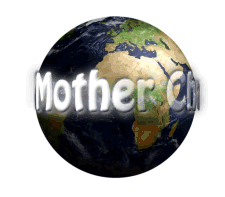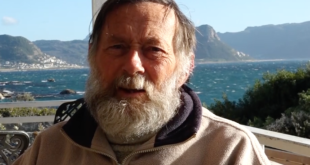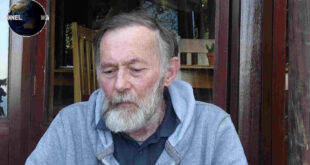Okay, so we had hundreds of 1000s and millions of years. Without seeds, there was no such thing. And then, for some reason, something in our growing intricacy complication of, of type of species decided that there was some advantage to be gained from heavy seas. You say it happened about how long ago? And what reason? Would it happen? What why what would trigger such a thing to happen? Look, I think we, you know, like the major force if one assumes it, and one assumes, in a sense, evolutionary theory is a success on survival. I think the other aspect to it is, if you like the colonisation of the land, so the migration of life forms, from a marine environment, onto a terrestrial environment. So that in itself is going to make a big difference. We, you know, early on in Earth’s history, that the land was a pretty inhospitable place, and notes that it was part of occupying, if you like, the hostile environment. So it’s a survival mechanism, and mechanism of like, establishing life, or the process of establishing life on that environment. You know, it’s very easy to be anthropomorphic, or whatever, on the sort of will of it. But obviously, it’s survival is the is, if you like, the driving force, is something that is success and surviving, drives the process. And I think that’s, that’s the basis really, of evolutionary theory is, does something is somebody successful? And does it survive. And those are obviously pretty profound criteria. As I said, there were elements of it, if you like, even in the most ancient plant forms, such as mosses and ferns, and so on. Whereas you have, what we talked about yesterday, is in the physiology of a plant, different types of cell division. So I mentioned the mitosis meiosis process. So that is actually pretty ancient. It’s not the most ancient. And obviously, it resulted in a tremendous amount of success. In the transition, for example, from Fern type plants, to higher plants. That versus if you’d like became further refined, and if you’d like, in the sense separated into a kind of sexuality. So I think I’ve summed up really what are the main driving forces once you occupied the land niche, that’s that process became increasingly diverse, it just the actual mechanisms of how pollination took place, how fertilisation took place, became diverse, depending on the niches where various early plant forms were inhabited.
Home / Experts / Various Solutions / John Turner / JOHN TURNER SERIES 1: PLANT EVOLUTION AND SEED DEVELOPMENT
Tags animals conditions dormancy easier elements environment fish food forms grow happening mentioned place plants Pollination problem process Seeds sense species
 Mother Channel Environmental, climate change news and media.
Mother Channel Environmental, climate change news and media.



